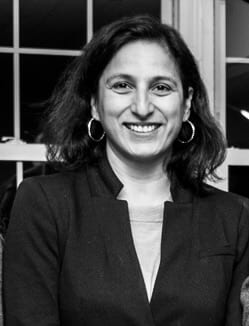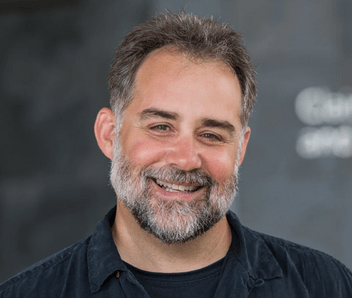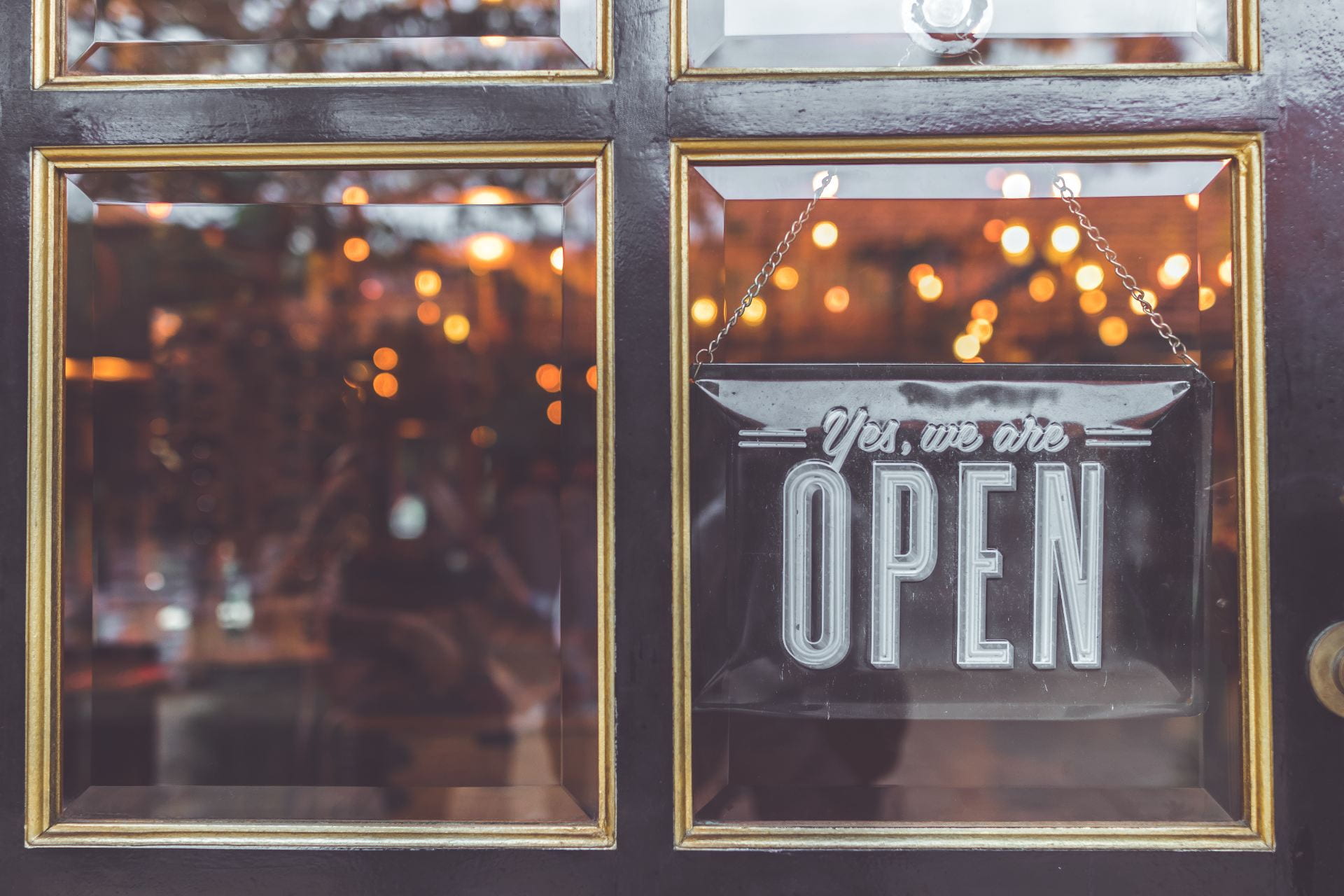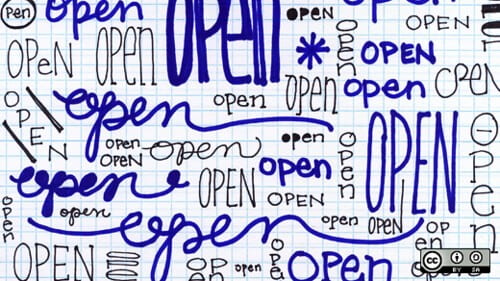Cross-posted from the Claire T. Carney Library Blog
International Open Access Week (October 21-27, 2024) is a time to recognize free and accessible research and scholarship and to inspire scholars to engage in the advantageous OA model in publishing. The term Open Access refers to scholarly material that is available digitally free of charge and without other access barriers. Today we will highlight a UMass Dartmouth faculty member who has published along with a UMass Dartmouth student under a Creative Commons license in an Open Access journal.
Nicholas Zambrotta is an Assistant Teaching Professor in the Psychology department whose research interests include morality, political polarization, and social support and health related behaviors. In early 2024 Zambrotta published an article called “Attitude Changes Among College Students Post-Pandemic” with Alex Goncalo who was working on his BS in Finance. Goncalo has since earned his MS, and has gone on to pursue his PhD in Finance at the University of South Florida. Their study “measured happiness, optimism, and psychological well-being in a sample of 182 college students via an electronic Qualtrics questionnaire to identify predictors of state optimism and examine potential differences in these variables between class rankings.” The results of their survey and analysis can be read and shared (with attribution) by any researcher thanks to the OA model of their selected publication, Modern Psychological Studies.
The journal is managed by undergraduate students at the University of Tennessee Chattanooga, and not only is it student-led, but Modern Psychological Studies focuses on publishing quality articles by undergraduate students. Regarding the review process, Goncalo says, “Their rigorous review process was enlightening, which contributed greatly to this undeniably invaluable experience.” Authors who choose to publish with MPS actually retain their copyright under a Non-Exclusive Distribution License. This arrangement protects freedoms of the authors, while the Creative Commons licenses applied to each article ensure that all researchers can benefit from the work.
Kudos to Zambrotta and Goncalo on their OA publication!











